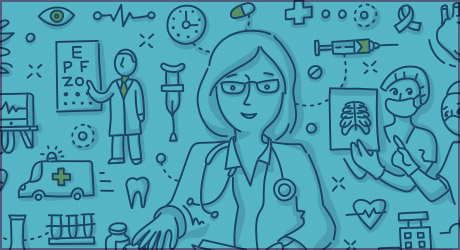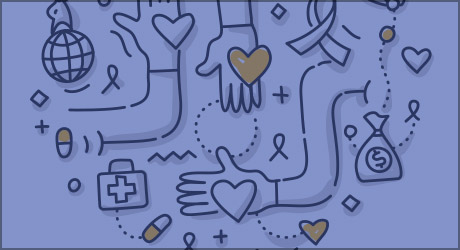
Why Choose Us?
Woodland Heights Cardiology is affiliated with Woodland Heights Medical Center. With a combination of medical technology and well-trained, caring team members, the facility provides a spectrum of cardiac services, including emergency care, diagnostic and interventional cardiology.
Woodland Heights Medical Center also holds several accreditations:

- HeartCARE Center (American College of Cardiology - ACC)
- Chest Pain Center with PCI (ACC)
- Cardiac Cath Lab with PCI (ACC)
- Electrophysiology (ACC)
- Gold Seal of Approval in Heart Failure (The Joint Commission)
Our Services Include:
Our services include diagnosis and management of a wide range of cardiovascular diseases, including complex coronary and peripheral arterial disease, heart failure and chronic venous disease. Treatments and procedures provided include:
- Cardiac catheterization and coronary angiography
- Coronary angioplasty and stenting
- Carotid angiography
- Ankle to brachial index (ABI)
- Aneurysm screening
- Transthoracic 2D echocardiography, Doppler and color flow
- Electrocardiogram (EKG or ECG)
- Stress echocardiography
- Nuclear stress testing
- Treadmill stress testing
- Transesophageal echocardiography
- Venous and arterial ultrasound interpretation
- Diagnostic peripheral angiography
- Peripheral angioplasty and stenting
- Coronary atherectomy (rotational)
- Peripheral atherectomy (orbital, rotational, laser)
- Peripheral vascular lithotripsy
- Inferior vena cava filter placement and/or retrieval
- Pulmonary angiography and/or embolectomy
- Superficial vein sclerotherapy and/or ablation
- Deep vein venography
- Deep vein venoplasty and stenting
- Intra-aortic balloon pump insertion
- Percutaneous left ventricular assist device insertion
- Temporary pacemaker implantation
- Arterial-venous fistula angioplasty
- Pelvic congestion syndrome treatment
- Chronic lymphedema treatment
- Endovascular treatment for chronic ulceration and/or critical limb ischemia
- Acute limb ischemia treatment
- Electrocardiogram monitor and loop record implantation
- Electrical cardioversion
- Endomyocardial biopsy
- Intracoronary mechanical thrombectomy
- Mesenteric ischemia treatment
- Renal artery angioplasty/stenting
Heart Healthy Resources

A Woman’s Risk for Heart Disease is Different: Here’s What You Need to Know
Heart disease is a big issue in the United States for both men and women alike. But some risk factors are more unique to women.
Read more »

Is High Blood Pressure Considered Heart Disease?
Finding out you have high blood pressure can be worrisome if you aren’t sure what your numbers mean or what to do about them. Discover how high blood pressure affects your heart.
Read more »

How Does Smoking Affect Your Heart?
Smoking’s impact reaches far beyond your lungs, harming nearly every other organ in the body. Get the specifics on how smoking can influence your heart’s health.
Read more »

Why Your Heart Wants You to Pay Attention to Your Cholesterol
Your liver makes cholesterol in your body, but you also get cholesterol from eating certain foods. Find out how the wrong kind of cholesterol can impact your heart.
Read more »